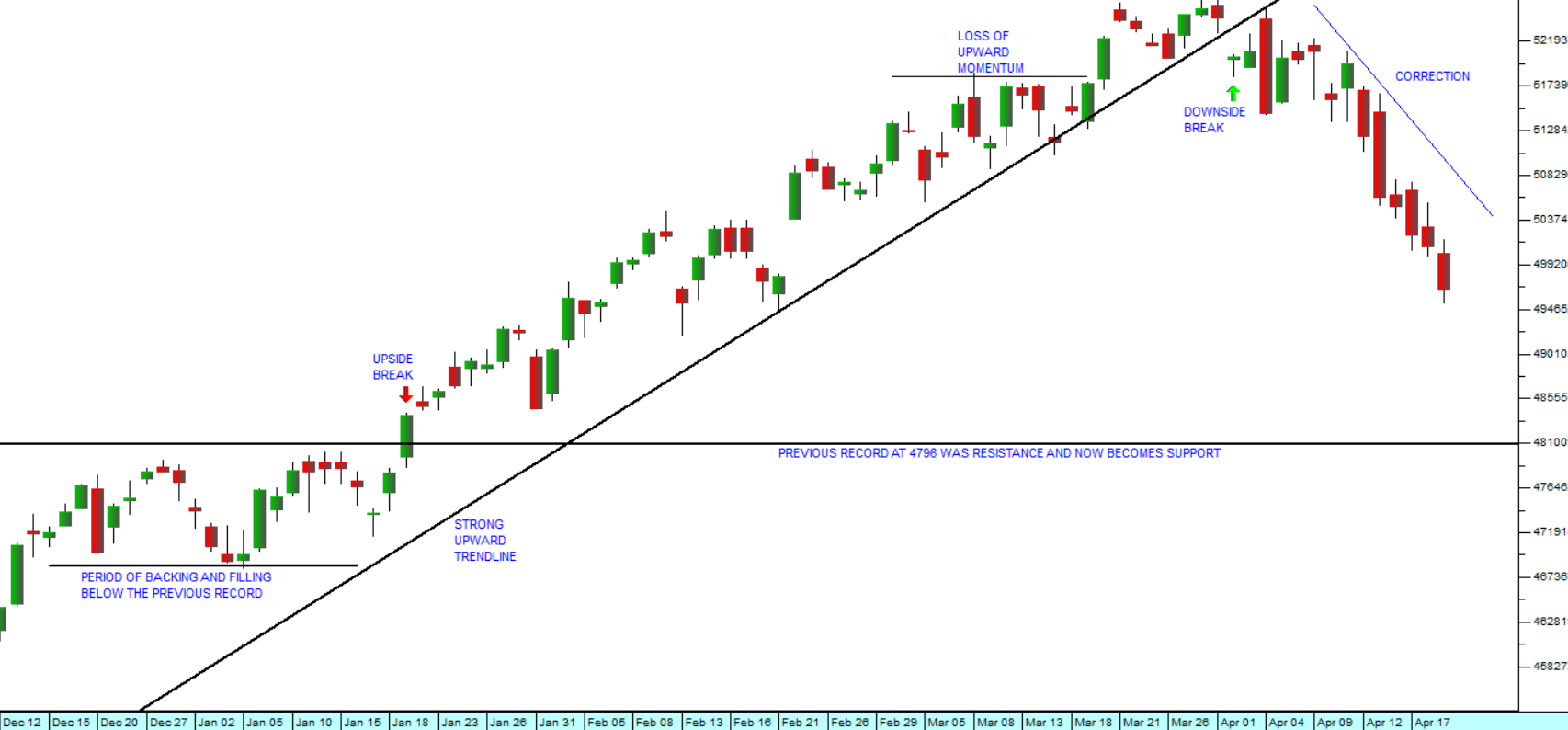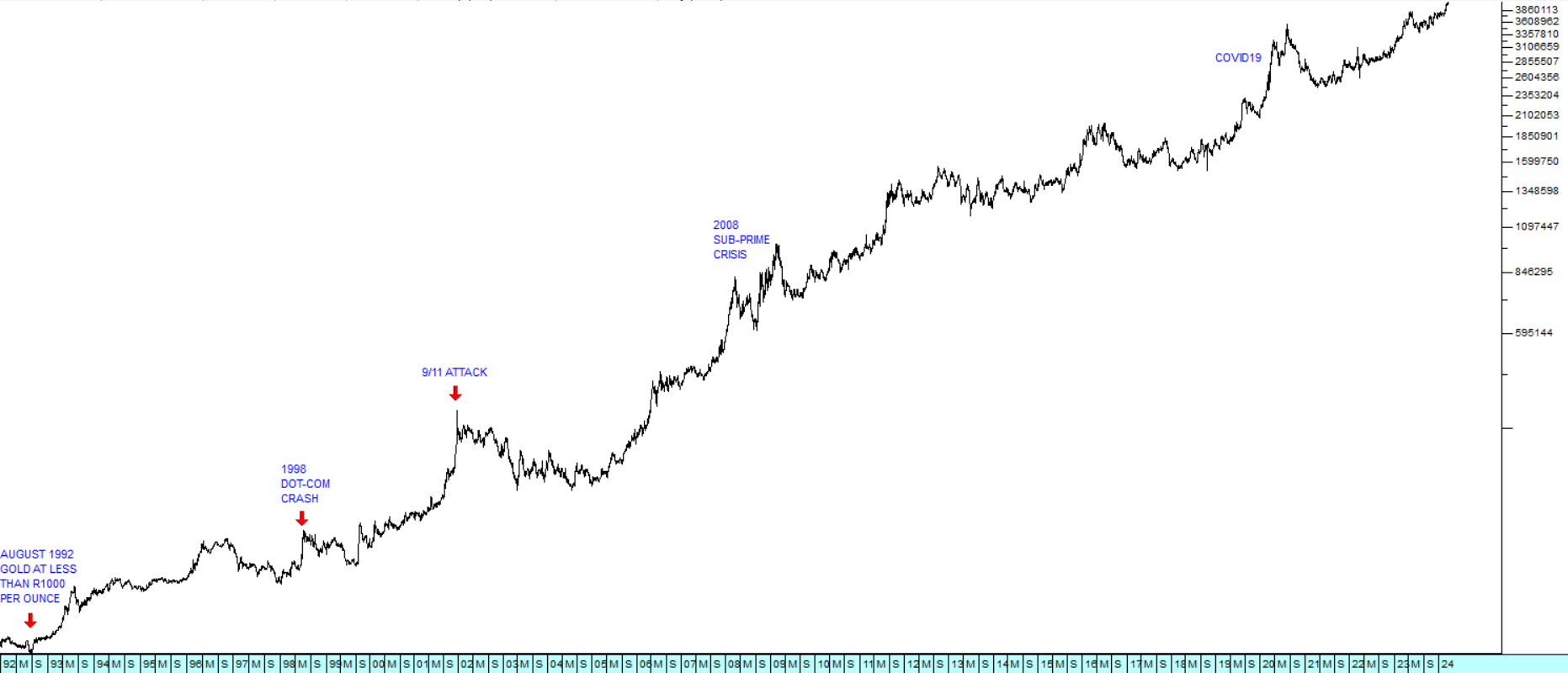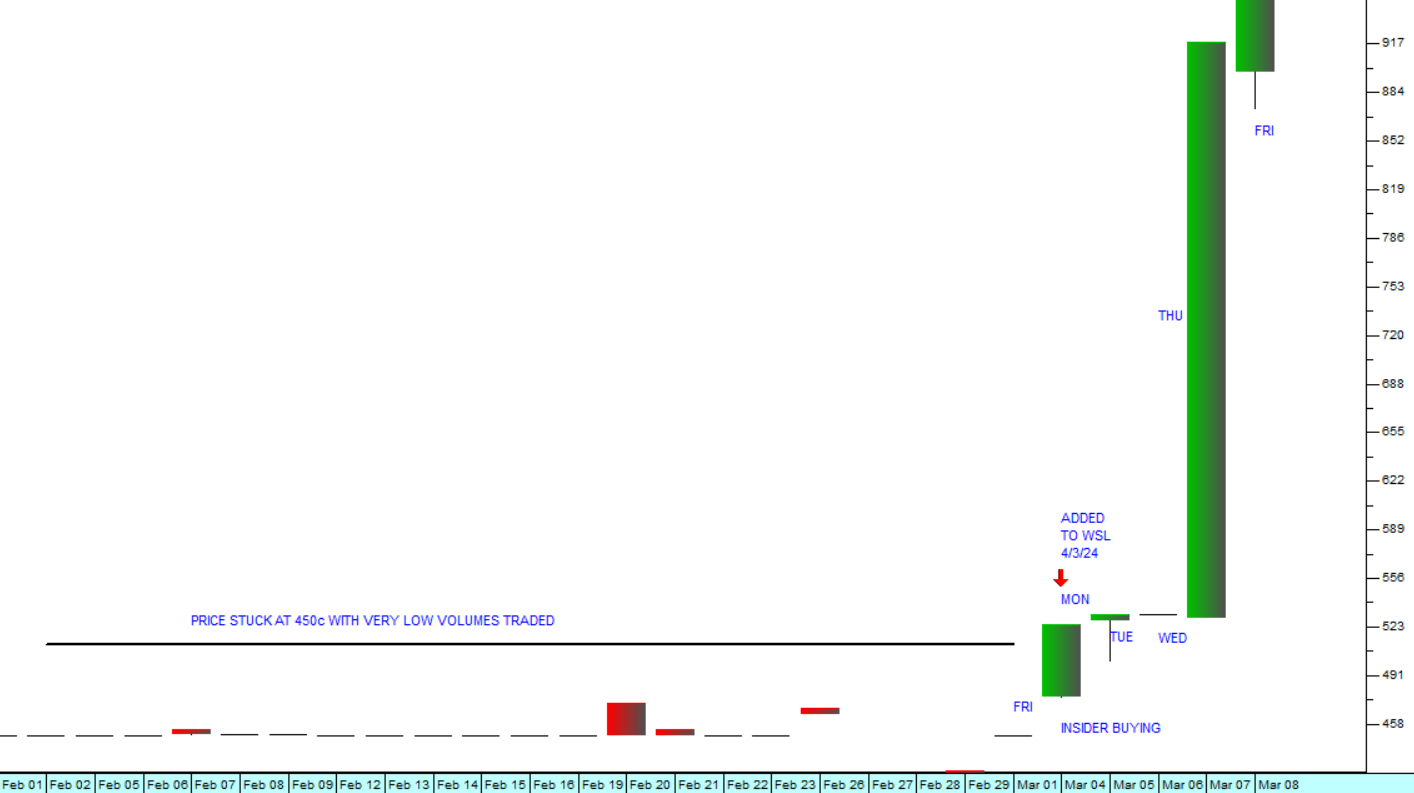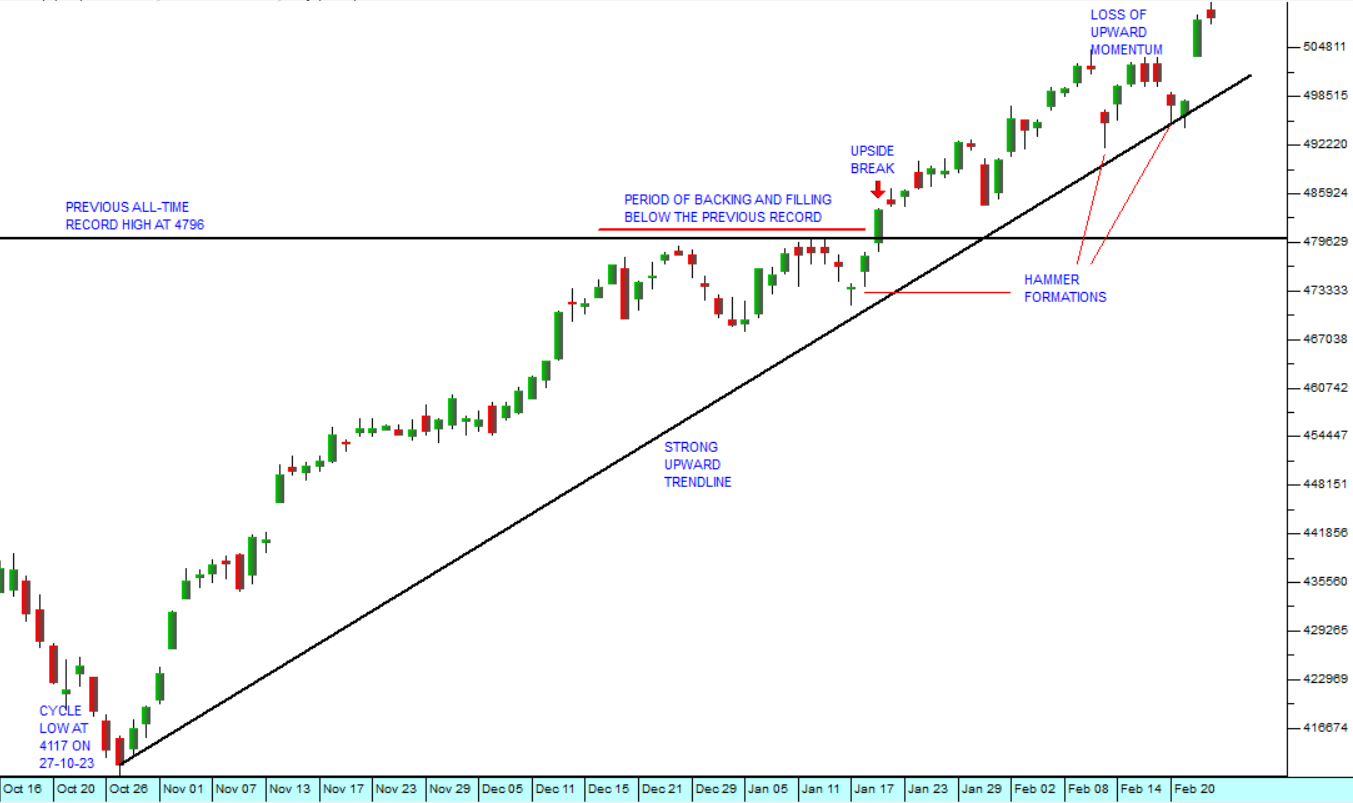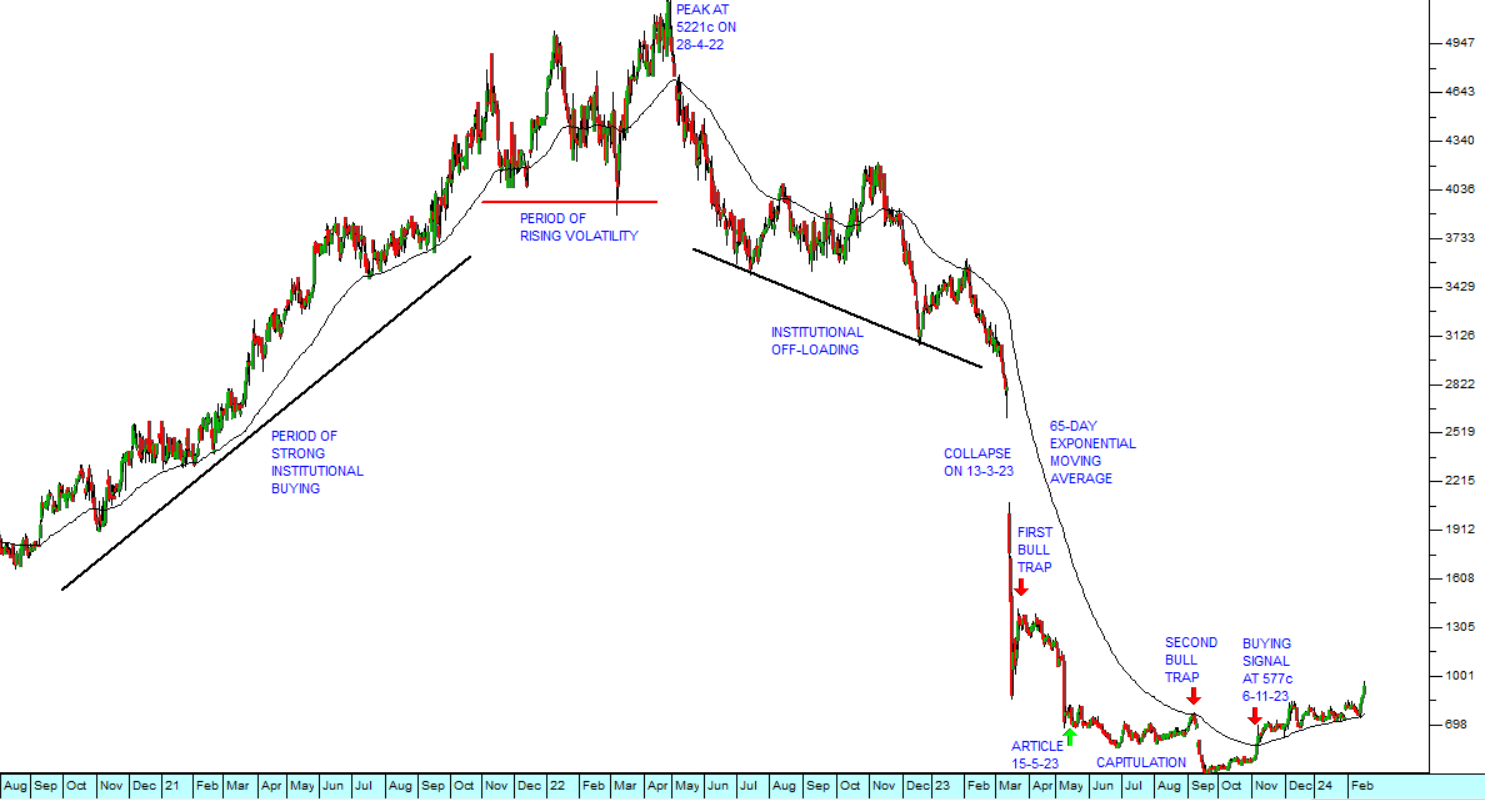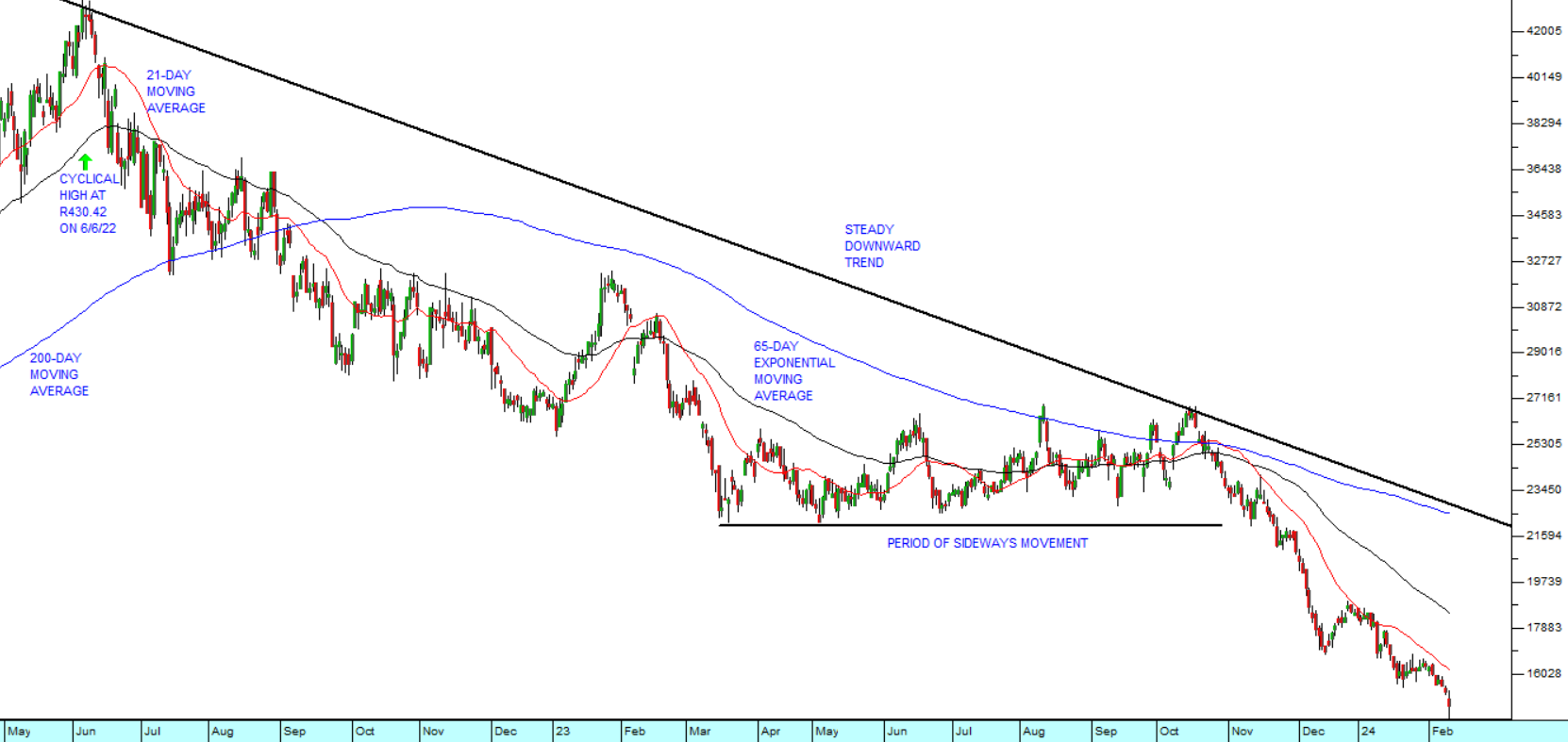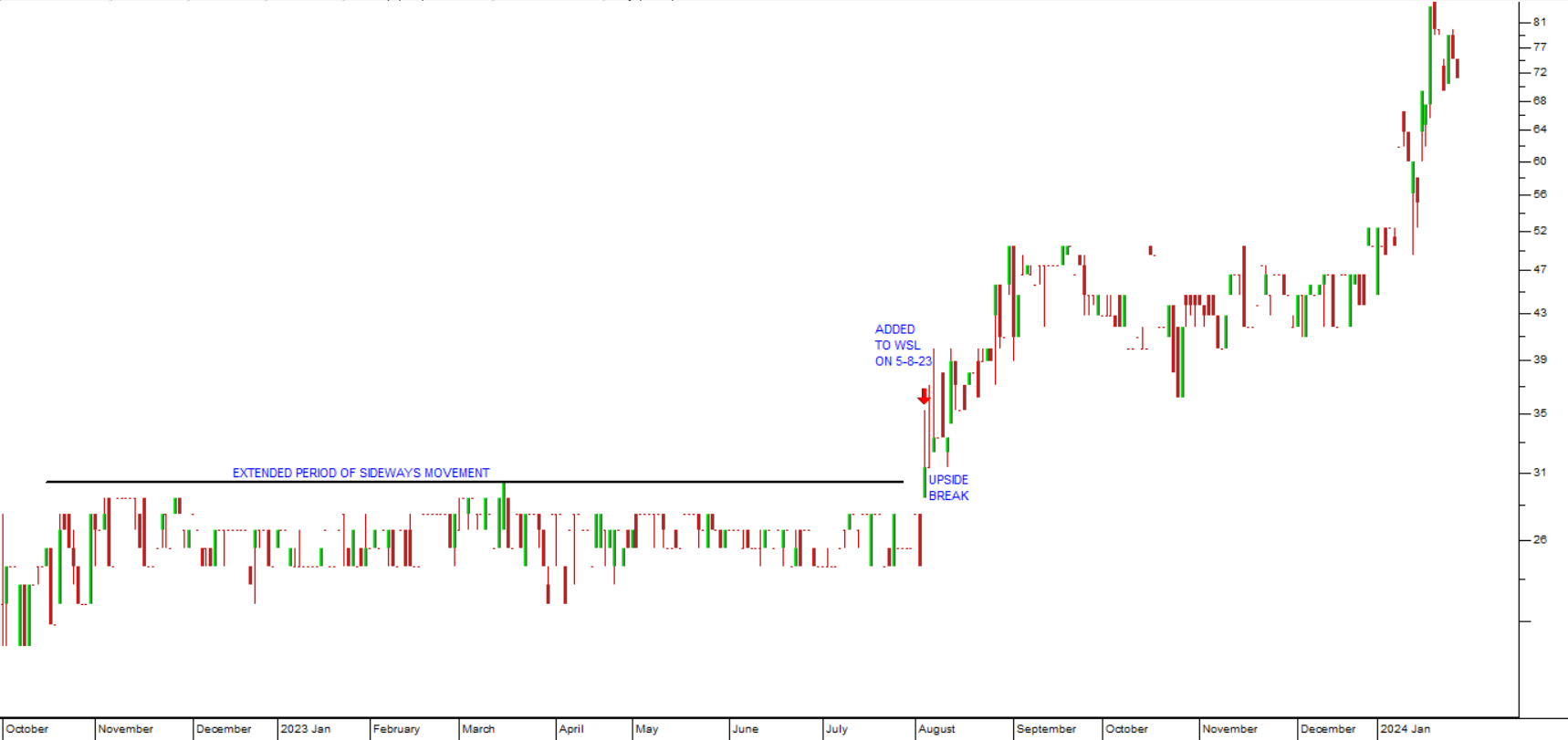Quantitative Tightening (QT)
27 September 2017 By PDSNETOver the past eight years we have all become accustomed to the phrase “quantitative easing” which is a central bank euphemism for printing money. When central banks ran out of money following the sub-prime crisis in 2008, they managed the situation by simply creating vast amounts of new money and injecting it into the world economy. For a while it was touch-and-go whether this approach would work. The world economy teetered precariously on the edge of another great depression. But eventually, like some wounded gargantuan heaving itself out of the primeval mud, the world economy, starting with America, began to recover. An amazing $12,5 trillion dollars was created and injected to achieve this effect and Europe is still printing 60 billion euros a month in their Q/E program. Janet Yellen, the Federal Reserve Bank governor in America is known to be particularly dovish. This means that she would always rather delay raising interest rates or doing anything about the huge amount of US dollars sloshing around in the world economy than face a [glossary_exclude]return[/glossary_exclude] to recession. But now the American economy is showing real signs of a strong recovery – a little too strong it seems. Unemployment is down to an amazing 4,4% and the profits of the [glossary_exclude]S&P500[/glossary_exclude] companies are rising rapidly. Now Yellen is suddenly talking about fixing the Fed’s “balance sheet”. She is talking about taking $10bn a month out of circulation to slowly bring the amount of cash out there down. Of course, $10bn is a drop in the ocean. Currently, the Fed has a $4,5 trillion dollar balance sheet – but by decreasing this judiciously Yellen could perhaps bring the balance sheet down to around $2,5 trillion over the next four years. Of course, at some point a tightening monetary policy must have an impact on Wall Street. Inevitably, a point will be reached where the prospects are not attractive enough to justify the valuations. The problem is to know exactly when that point will occur. Right now our impression is that the S&P500 index is being driven by rising profits, especially in technology companies – but that this heralds a more diversified boom as new technologies introduce wide-ranging efficiencies to business at every level. Productivity is increasing rapidly and now consumer and business confidence is rising with it. There is plenty of room to grow because of the loose monetary policy of the past eight years. It is our belief that it will take much more than Yellen’s tentative efforts to bring this economy and market back under control. Opening Pandora’s box is a problem because it is never easy to put whatever came out back – and, if you can, it will inevitably be a traumatic experience. Here in South Africa, we can expect to benefit from the backwash of these momentous events. This means that our economy will probably begin to improve steadily, despite the ANC’s strenuous efforts to destroy it, and it will take the share market up with it. This can already be seen by the number of new companies coming to the JSE. So far this year we count 14 new companies that have listed. Listing is a very powerful statement of confidence in the future. Companies do not incur the considerable costs of listing unless they are pretty sure things are going to improve.
DISCLAIMER
All information and data contained within the PDSnet Articles is for informational purposes only. PDSnet makes no representations as to the accuracy, completeness, suitability, or validity, of any information, and shall not be liable for any errors, omissions, or any losses, injuries, or damages arising from its display or use. Information in the PDSnet Articles are based on the author’s opinion and experience and should not be considered professional financial investment advice. The ideas and strategies should never be used without first assessing your own personal and financial situation, or without consulting a financial professional. Thoughts and opinions will also change from time to time as more information is accumulated. PDSnet reserves the right to delete any comment or opinion for any reason.
Share this article:
